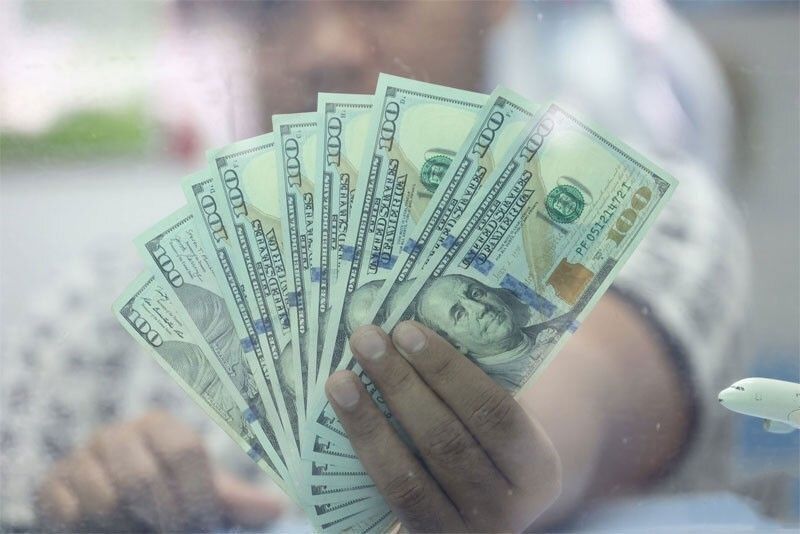Hot money snaps 5-month outflow

MANILA, Philippines — More speculative funds flowed into the Philippines than what flowed out in October, ending five straight months of net outflows amid improving global conditions, the Bangko Sentral ng Pilipinas (BSP) reported yesterday.
Data released by the central bank showed that total foreign investments registered through authorized agent banks registered a net inflow of $83.44 million in October – a reversal of the 17-month high net outflow of $367.3 million in September.
The inflow was also a reversal of the net outflow of $221.1 million recorded in October last year.
Foreign investments registered by the BSP through authorized agent banks are also known as hot money or speculative funds since these flow regularly between financial markets as investors attempt to ensure they get the highest short-term interest rates possible.
Michael Ricafort, chief economist at Rizal Commercial Banking Corp., said the net inflow in October was due to improving global financial conditions as the US stock and bond markets likely bottomed out in terms of price as US inflation started to ease.
The US Federal Reserve has finally signaled smaller rate hikes after delivering jumbo increases to tame inflation.
The Philippines has been booking net outflows of foreign portfolio investments for the past five months, with $270.42 million recorded in May, $342.19 million in June, $103.14 million in July, $86.29 million in August and $367.3 million in September.
For October, gross outflows of speculative funds fell by 52 percent to $561.11 million from $1.17 billion in the same month last year.
On the other hand, gross inflows coming mainly from the United Kingdom, the US, Singapore and Hong Kong declined by 32 percent to $644.55 million from $949.58 million.
Data showed the majority of the inflows, at 73 percent, were invested in securities listed on the Philippine Stock Exchange (PSE), specifically in property, banks, holding firms, food, beverage and tobacco as well as telecommunications.
About 27 percent went to investments in peso government securities, while less than one percent went to other instruments.
Ricafort traced the narrower foreign portfolio investment outflow to the stronger exchange rate since the last week of September, which reflected market sentiment.
- Latest
- Trending



























